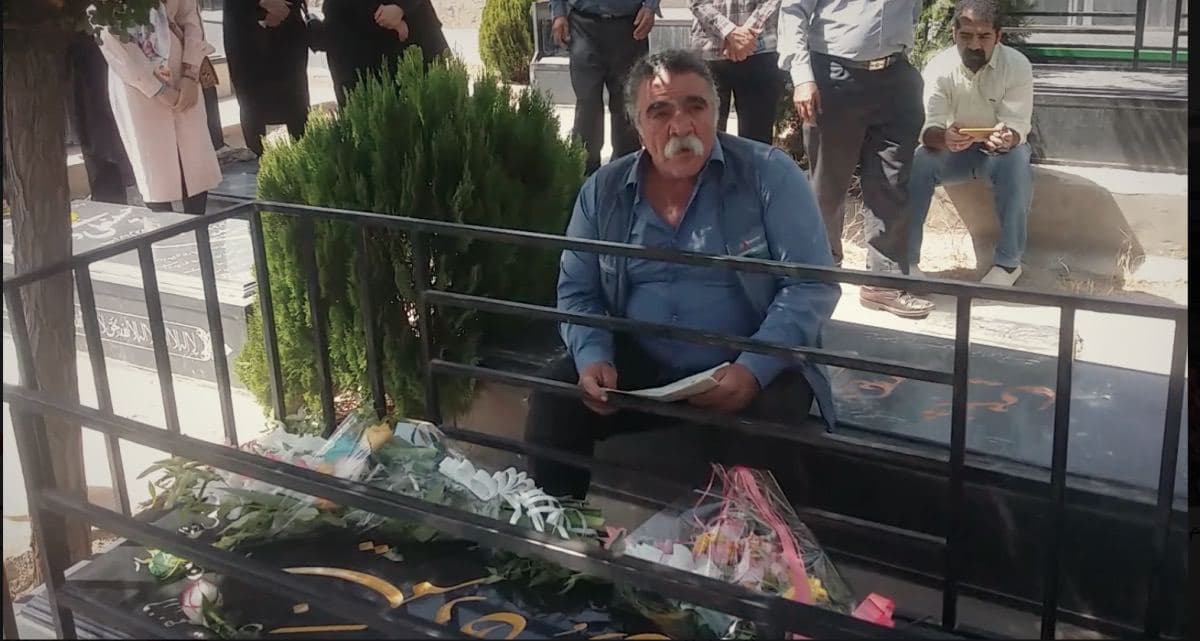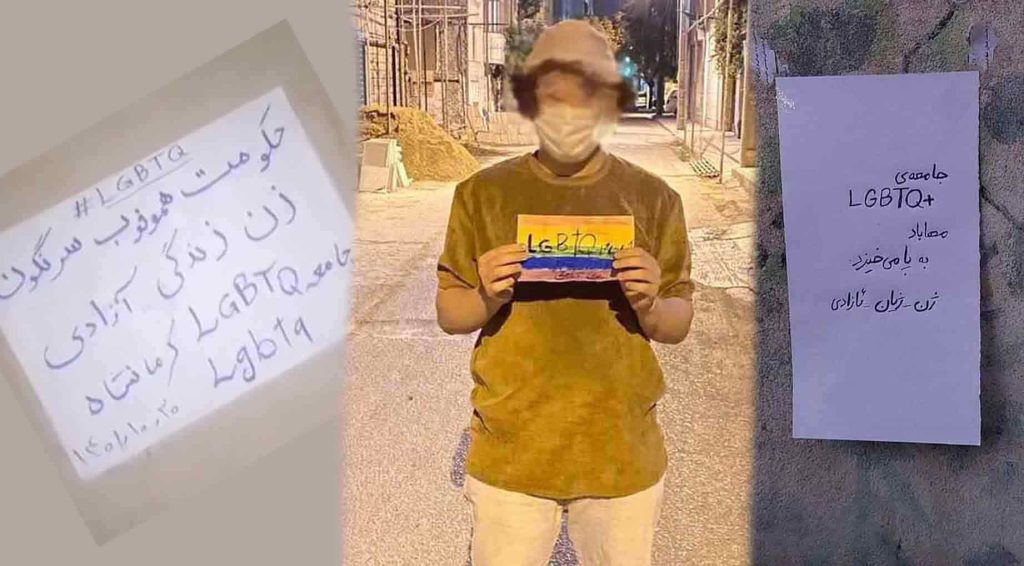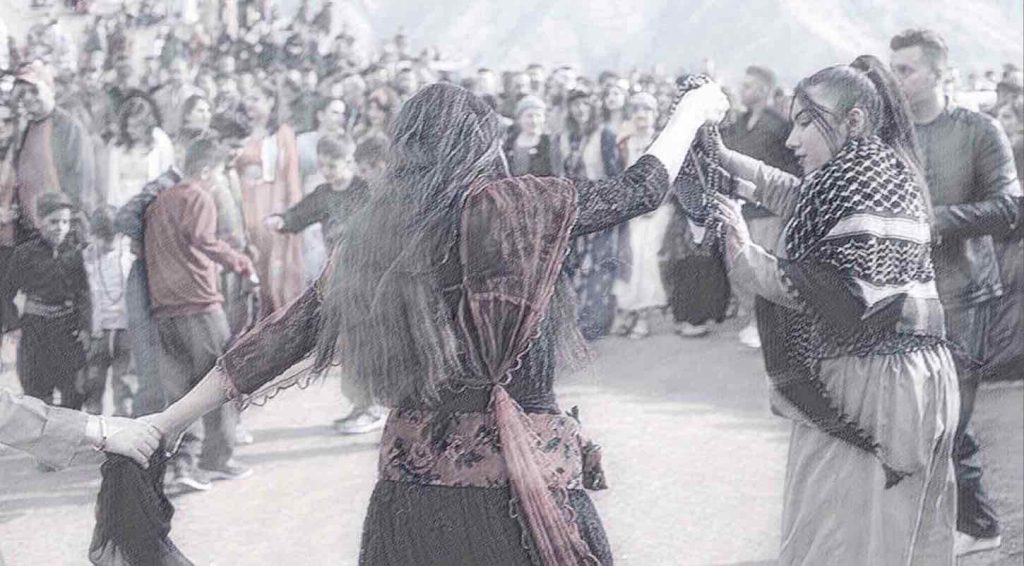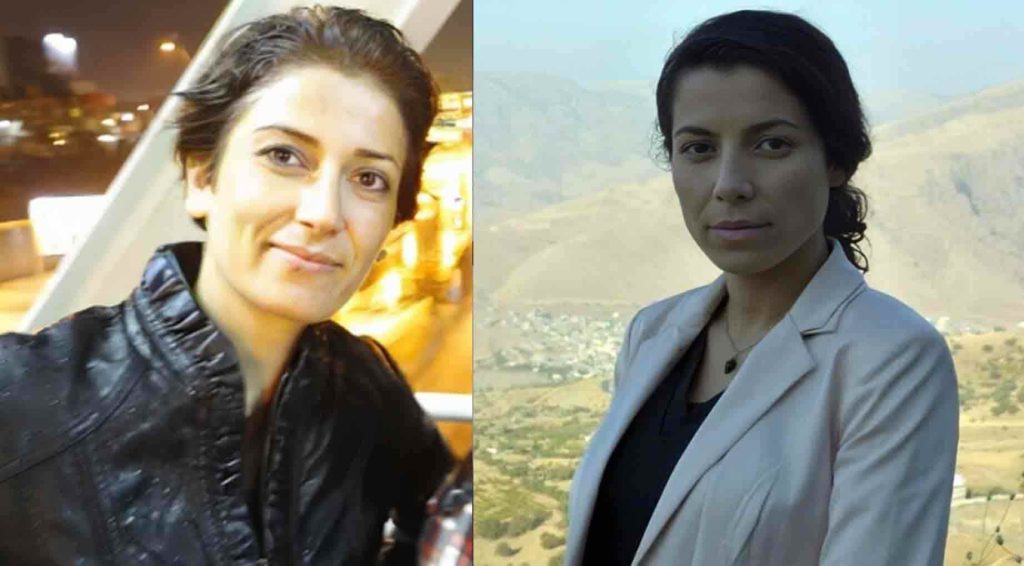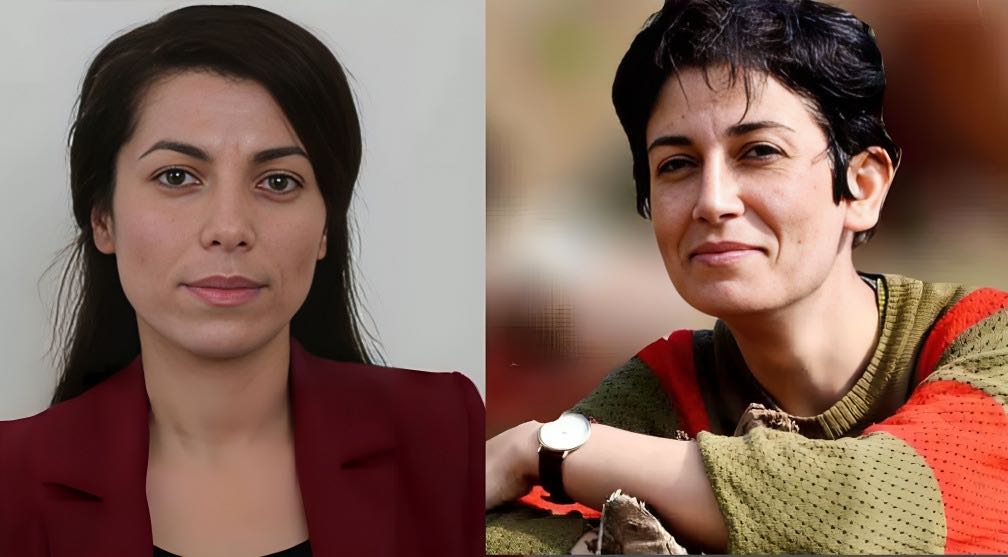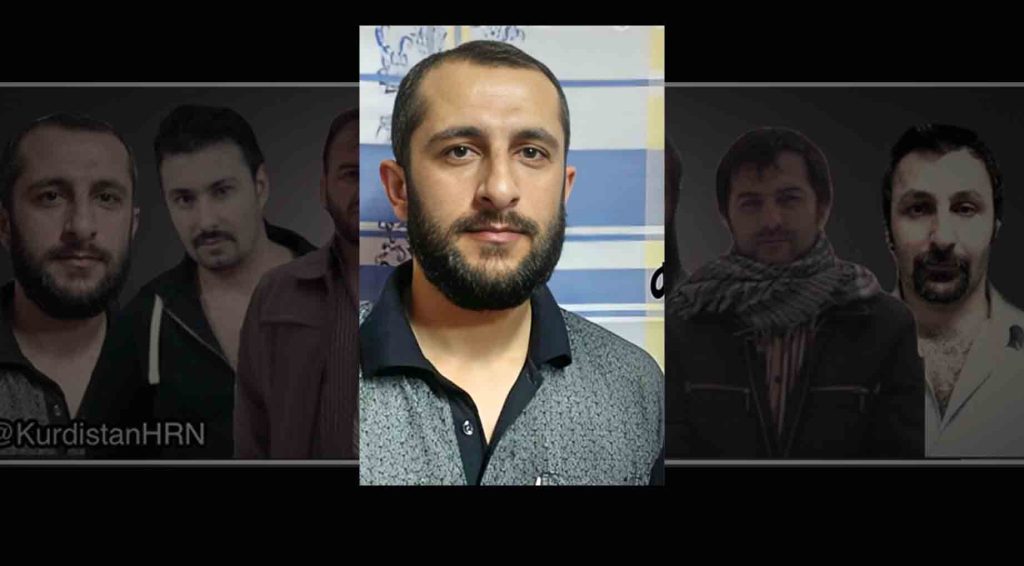The Islamic Revolutionary Court of Sahneh in Kermanshah province has sentenced the prominent Kurdish Yarsani activist Kheyrollah Haghjouyan to one year in prison, 11 months of which was suspended for five years.
The court charged Haghjouyan with “propaganda against the state” and “insulting sanctities”.
The decision was communicated to the activist on 21 June.
Haghjouyan is a prominent Kurdish Yarsani activist and a member of the Yarsan Civil Rights Activists’ Advisory Council in Iran.
On 28 June 2021, the district court of Sahneh in Kermanshah province summoned the activist and imprisoned him in Dizel Abad Prison.
Haghjouyan had gone on a hunger strike for 10 days during his detention, protesting against the accusations against him and the large sum of bail he was asked to pay for his temporary release.
In recent years, he has given speeches in various ceremonies independently or on behalf of the Yarsan Civil Rights Activists’ Advisory Council, criticising the political and economic situation of the country and especially discriminations against the Yarsani community.
Haghjouyan gave his latest speech on 5 June on the grave of the self-immolated Kurdish civilian Nikmard Taheri in the city of Sahneh.
Taheri was a Kurdish civilian from Sahneh, Kermanshah, who lost his life in June 2013 due to a self-immolation protest. His death was one of the three cases of self-immolation of the followers of the Yari religion (Yarsan) that took place in June and August in Hamadan and Tehran that year.
A day before Taheri, a civilian named Hassan Razavi from Pol-e Shekasteh village in Hamadan province set his body on fire in front of the governorate building.
Nearly two months later, Mohammad Ghanbari, from the village of Qarah Dash in Qazvin province, died in a similar self-immolation action in front of the Islamic Consultative Assembly building in Tehran.
This chain of self-immolation protests was a deadly reaction to the legal discrimination against the Yarsani people and the insult to their customs.
The forced shaving of the moustache of one of the followers of the Yari religion in Hamadan Prison was the spark that ignited the protests. The shaving of a moustache is an act that is considered an insult to the believers of this religion.
Following these three people’s sorrowful self-immolations and deaths, a group of Yarsan political and civil rights activists felt the need for concerted action to protest against discrimination against the Yarsani community and for forming a group to plan and pursue their demands.
Consequently, 100 Yarsan activists gathered in Kermanshah and formed the Yarsan Civil Rights Activists’ Advisory Council. They said that they had formed the council to pursue the demands of the Yarsani community in all possible, peaceful, civil ways.
Since its foundation, the Yarsan Civil Rights Activists’ Advisory Council has written several open letters to Iranian government officials, including the Supreme Leader and the President of the Islamic Republic.
All these letters demanded the end of discrimination against the Yarsani community and the recognition of this religious minority. The letters have not received any official response. And the verbal promises of the officials to pursue these demands have not had any visible effect on improving the lives of these people.
Yarsani community is one of the religious minorities in Iran that is not recognized as an independent religion in the constitution. Its followers are deprived of many political and social rights.
Yarsanis mostly live in the provinces of Kermanshah, Lorestan, Hamadan, Kurdistan, Azerbaijan, Qazvin, Alborz, Tehran, Gilan, and Mazandaran. Kermanshah province is known as the main centre of this religion.
Although there are no official statistics on the number of followers of this religion, the population of Yarsanis in Iran is mentioned in various sources to be one to three million people.

